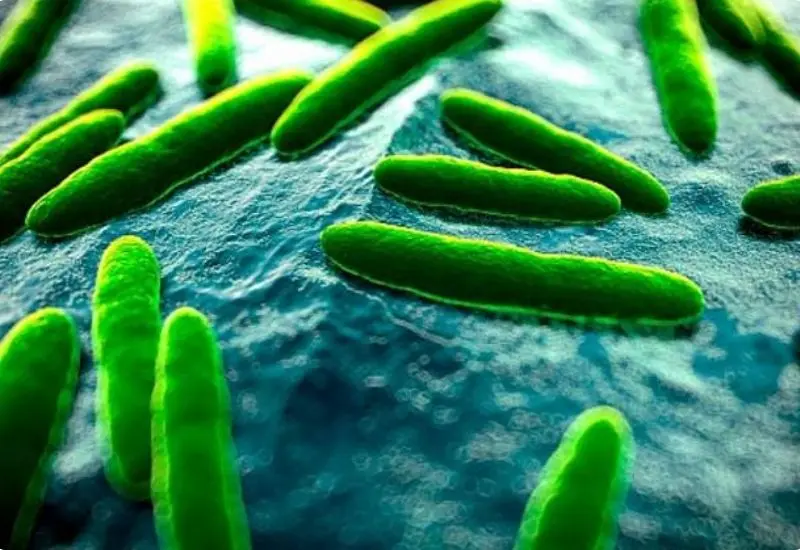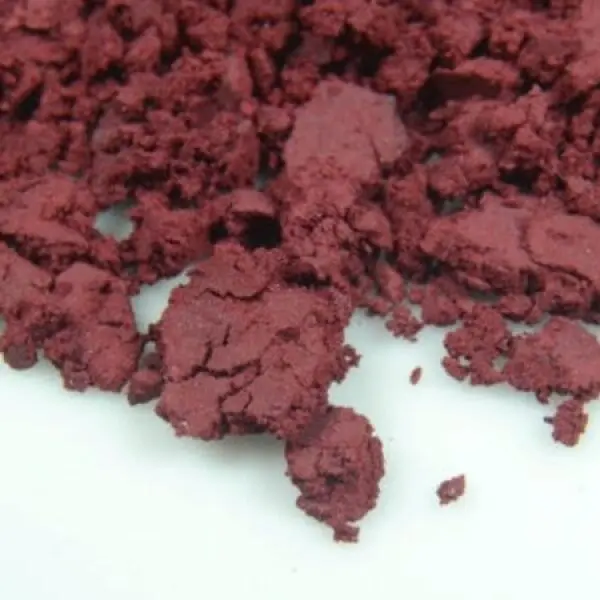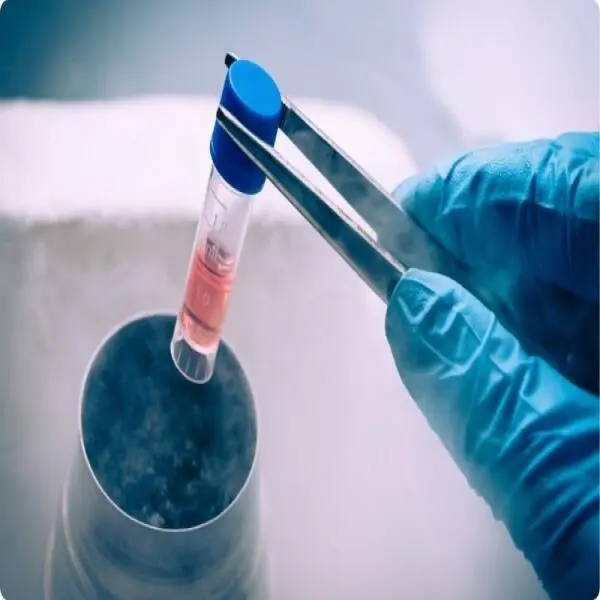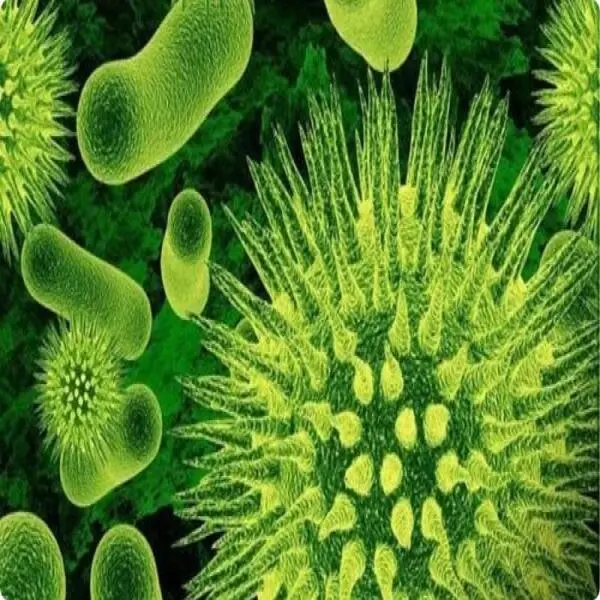
Beneficial bacteria are indispensable allies in maintaining a balanced ecosystem and promoting health, both for humans and agriculture. While harmful bacteria like Salmonella and E. coli are notorious for causing illnesses, beneficial bacteria provide countless advantages that deserve equal recognition. These microorganisms play a critical role in gut health, soil fertility, plant growth, and even animal wellness, establishing themselves as key players in creating sustainable practices. But what is beneficial bacteria exactly, and how do they positively impact various systems?
Studying Beneficial Bacteria
Beneficial bacteria, often referred to as probiotics in human health, are microorganisms that interact positively with their environment. In humans, they primarily reside in the gut, where they help maintain a healthy digestive system, boost the immune system, and combat harmful invaders. Examples include strains from the Lactobacillus and Bifidobacterium species, which can be found in fermented foods like yogurt, kefir, and sauerkraut.
In agriculture, beneficial bacteria contribute to soil health, plant growth, and animal health. They work symbiotically with other organisms, ensuring efficient nutrient cycling, disease suppression, and enhanced resilience to environmental stressors. Here are some compelling examples of beneficial bacteria examples and their applications:
- Nitrogen-fixing bacteria: Rhizobium and Bradyrhizobium reduce the need for synthetic nitrogen fertilizers by converting atmospheric nitrogen into forms plants can absorb.
- Phosphate-solubilizing bacteria: Burkholderia and Pseudomonas improve phosphorus availability in the soil.
- Plant growth-promoting rhizobacteria (PGPR): Bacillus subtilis and Azospirillum enhance nutrient uptake, root development, and stress tolerance.

Studying Beneficial Bacteria
Health-promoting Bacteria
Probiotics are a subset of beneficial bacteria that significantly impact human health. These bacteria interact with the intestinal lining to strengthen the immune system, reduce inflammation, and promote nutrient absorption. Some studies suggest that probiotics can alleviate symptoms of gut-related disorders such as inflammatory bowel disease (IBD) and irritable bowel syndrome (IBS).
"Probiotics are more than just gut health enhancers; they are vital for overall immunity and well-being," explains Dr. Allan Walker, professor of nutrition at Harvard’s T.H. Chan School of Public Health.
According to Dr. Walker, increasing probiotic intake through natural sources like fermented foods is preferable to over-the-counter supplements. This approach ensures the intake of diverse and well-studied strains without the regulatory uncertainties associated with supplements.

Health-promoting bacteria
Helpful Bacteria for Farming
Beneficial bacteria play a critical role in modern agriculture, serving as the foundation for healthier soils, stronger plants, and more productive livestock. These microorganisms contribute to sustainable practices, reduced chemical use, and environmental conservation. Below, we delve deeper into the specific ways beneficial bacteria impact agriculture.
Enhancing Soil Health
Healthy soil serves as the bedrock for successful farming. Beneficial bacteria contribute to this balance by improving soil structure, promoting nutrient cycling, and suppressing diseases.
"The symbiosis between beneficial bacteria and soil fungi is crucial," highlights Dr. James Harper, an expert in soil microbiology. "This relationship ensures optimal nutrient pathways and environmental resilience."
For instance, soil bacteria produce organic compounds that bind soil particles, facilitating better water and air movement. An essential balance between bacteria and fungi is necessary for optimal soil health. In natural environments, a 1:1 ratio of bacteria to fungi ensures efficient nutrient pathways. Before bacteria can release nutrients, fungi must first decompose organic matter. Together, these microorganisms enhance soil fertility and reduce environmental degradation.

Helpful bacteria for farming
Supporting Plant Health
Plants rely heavily on beneficial bacteria for nutrient uptake, disease resistance, and stress tolerance. Mycorrhizal fungi, for example, extend plant root systems through a network of mycelium, increasing nutrient uptake and resilience.
"Beneficial bacteria act as plant partners, providing nutrients while protecting against stressors," says agronomist Emily Chen.
Examples include:
- Pseudomonas: Improves nutrient availability and suppresses plant pathogens.
- Bacillus subtilis: Produces antifungal compounds that protect plants from diseases like Fusarium wilt.
- Trichoderma: A genus of fungi known for enhancing plant growth and combating soil-borne diseases.
Improving Animal Health
Beneficial bacteria also play an essential role in animal health. They support digestion, improve feed conversion efficiency, and protect against diseases.
Examples include:
- Lactobacillus acidophilus: Enhances gut health and reduces digestive disorders.
- Saccharomyces cerevisiae: A yeast that optimizes feed utilization and reduces acidosis in livestock.
- Bacillus licheniformis: Inhibits harmful bacteria such as Clostridium perfringens, reducing the risk of intestinal diseases.
Utilizing Bbeneficial Bacteria to Promote Environmental Health
Promoting beneficial bacteria also aligns with environmental sustainability goals. Healthy soils rich in beneficial microbes can sequester carbon, mitigating climate change. Additionally, reducing the need for synthetic inputs such as fertilizers and pesticides minimizes agricultural runoff and preserves biodiversity.
"Natural alternatives powered by microbes offer eco-friendly farming solutions," advocates Dr. Priya Singh, an environmental scientist.
For example, nitrogen-fixing bacteria reduce reliance on chemical fertilizers, while biocontrol agents like Bacillus thuringiensis reduce the necessity for synthetic pesticides. These natural alternatives promote eco-friendly farming practices and protect the environment.
Best Practices for Promoting Beneficial Bacteria on Farms
Farmers can adopt several practices to foster beneficial microbes:
Implementing Composting
Composting: This practice introduces beneficial microbes and enhances soil fertility. Composting organic matter like food scraps and manure generates a thriving microbial ecosystem that supplies essential nutrients for crops.
Cover Cropping for Microbial Diversity
Cover Cropping: Using cover crops such as legumes improves soil health and microbial diversity. Legumes work symbiotically with nitrogen-fixing bacteria, enhancing soil nitrogen levels while preventing erosion.
Crop Rotation Strategies
Crop Rotation: Rotating crops interrupts pest cycles, reduces disease buildup, and supports diverse microbial communities. For example, alternating legumes with cereals balances nitrogen levels and encourages microbial variety.
Tailored Bacterial Inoculation
Integrating Specific Bacteria: Farmers can introduce targeted microbial solutions to meet specific crop needs. For instance, applying Rhizobium bacteria for legumes enhances nitrogen fixation, while Azospirillum benefits cereal crops.
Reducing Chemical Inputs
Minimizing chemical inputs such as synthetic fertilizers and pesticides allows beneficial microbes to thrive. Chemicals often disrupt microbial communities, so natural alternatives like organic fertilizers and biological pest controls are preferred.
Adopting No-Till Farming Practices
No-Till Farming: This approach preserves soil structure and microbial habitats. By minimizing soil disturbance, no-till farming enhances water retention and fosters beneficial microbial growth.
Ensuring Optimal Soil Conditions
Maintaining optimal soil pH, moisture, and organic matter levels supports microbial activity. Regular soil testing helps farmers adjust conditions to promote microbial health and productivity.
Conclusion
Beneficial bacteria are invaluable across various domains, from improving human gut health to fostering sustainable agriculture. Their ability to enhance soil structure, promote plant growth, and protect animal health demonstrates their versatility and significance.
"Harnessing the power of beneficial bacteria is a step toward healthier systems and a more sustainable future," concludes Dr. Maya Patel, a microbiologist.
By understanding what is beneficial bacteria and leveraging their capabilities, we can create healthier systems and promote long-term sustainability.
Related Articles
What Does Proper Pond Maintenance Involve? Pond Maintenance Made Easy
Owning a pond can significantly enhance the beauty of your garden, providing a serene retreat for ...
How Do Retention Ponds Help Prevent Flooding?
A retention pond, often mistaken for a simple water feature, serves a critical function in urban and ...
Retention Pond vs Detention Pond: Key Differences and Applications
Stormwater runoff is a significant environmental challenge, particularly in urban areas where ...
Unraveling the Importance of Phosphorus in Human Health
Phosphorus, also known by its ionic form phosphate (PO₄³⁻), plays an essential role in the health of ...
What is Nitrogen? An In-Depth Guide to Nitrogen and Its Applications
Nitrogen, symbolized as N with an atomic number of 7, is a chemical element that plays a vital role ...
Understanding Synbiotics: Definition, Benefits, and Their Role in Health
In the pursuit of optimal health, maintaining a balanced gut microbiome is essential. Synbiotics, a ...






